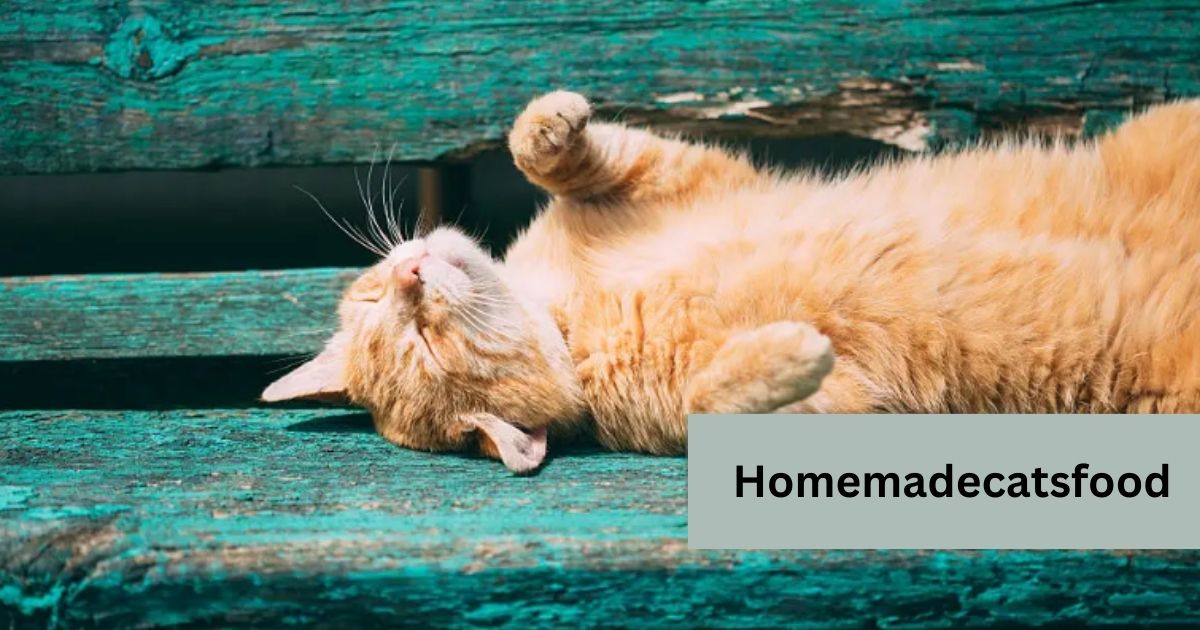Believing my own eyes is the source of my knowledge about the correlation that exists between the castration of male cats and their transformed behavior. In this comprehensive guide we shall discuss some of the behavioral issues related to neutering in male cats, with the focus on the changes in the behavior of the cat and beneficial tips for the owner. Our objective is to enlighten and educate the significance of the topic not necessarily using a complicated language.
1. What is Male Cat Neutering?
Neutering, also known as castration, is a surgery performed to remove the testicles of male cats. It is a routine procedure that is carried out in most vet clinics and is one of the most basic for pets. To the cat’s health and behavior, neutering is as important as the fact of its neutering.
2. The Importance of Neutering
Neutering is important for several reasons:
- Control of population: Neutering reduces the number of unwanted litters and lowers the number of stray cats.
- Health benefits: There is a lower risk of certain diseases and the lifespan can be increased due to neutering.
- Behavior enhancement: Consequently, they can become more sociable, cuddlier and easier to care for.
3. Male Cat Behavior Before Neutering
Before the neutering process, the tomcats often show difficult behaviors that one cannot manage. Based on what I encountered the problem behaviors were:
Scent marking: They spray urine to mark their territory, very often indoors.
Aggression: Engaging in physical fights with other male cats, even causing wound injuries.
Wandering: The habit of wandering, far from home, in search of mates.
Noisy vocalizations: Typically, but not exclusively, the cat may meow loudly at night, which may disrupt your sleep.
Reproductively stimulated behaviors: Mounting toys or pets.
4. The Neutering Process
Neuterization itself is relatively simple:
- Pre-surgical check-up: The vet examines the cat’s health.
- Anesthesia: The cat is made unconscious with the help of general anesthesia.
- Surgery: The testicles are removed through a small operation.
- Recovery: The cat commonly goes home the same day.
- My experience with the process of the castration of my cat was quick and smooth, and my cat managed to get well through situational care.
- Even though, the process was done in a flash, my cat got over it with good care.

5. Immediate Post-Neutering Care
Rather than that, the focus should be on the fact that the specific care that is given after the surgery is very important:
- Keep the cat indoors for a few days.
- Provide a quiet and cozy place for the time when the cat is recovering and needs rest.
- Carefully check the incision site for signs of infection.
- Follow the vet’s guidance for pain management.
- Refrain from allowing the cat to lick or scratch the surgical site.
6. Changes in Behavior After Neutering
Nobody can deny that the post-neutering behavioral differences can be drastic. On my cat, I noticed:
- Less urine marking in the house.
- Reduced levels of aggression both towards other cats and humans.
- Minor attraction to roam around or runaway got resolved.
- They became quieter, especially at night.
- More love and gentleness for their owners.
7. Timeline of Behavioral Changes
It can take time for new behaviors to become evident. This is from my own experience and the vet’s advice:
- The first 1-2 weeks after surgery: The cat might still show a few of its old behaviors.
- 3-4 weeks: There are some behaviors that are different from what you used to be that might appear initially.
- 1-2 months: By now, most cats have improved significantly in terms of their behavior.
- 3-6 months: The cat’s hormone levels are back to normal and the cat’s behavior is stable.
- 8. Potential Challenges During the Transition
- Inspite of the positive effects, neutering can be in oasis of some problems:
Cats may experience temporary depression or lack of movement for a while.
- During the first few days the cats can eat more providing more calories which can lead to weight gain if their diet is not controlled.
- Some old behaviors, such as those that have been established long ago, might take more time to be changed.
9. Long-Term Benefits of Neutering
Furthermore, aside from behavior therapeutics, neutering has several long-term benefits as well:
- Testicular cancer and prostate enlargement will be less likely after neutering.
- The cats are less likely to contract FIV and FeLV because they are not fighting or roaming. So, their life is longer.
- The increased lifespan is the other advantage since the neutered cats tend to be healthy due to minimized mental sufferings.
- Quality of life is improved by reduced stress and aggression.
10. Myths About Neutering
There are a few misconceptions about neutering that I would like to address:
- Myth: Neutering would make my cat fat.
- Fact: As their metabolism may slow down slightly, a more accurately balanced diet and some exercising can be effective in preventing their weight gain.
- Myth: Neutering will totally change the personality of my cat.
- Fact: The core personality traits remain the same and what is more neutering often further enhances positive traits.
- Myth: It would be better to allow a female cat to have one litter before spaying.
- Fact: There is no physiological benefit to this and, in fact, it only aggravates the problem of the overpopulation of the cats.

11. The Role of Diet and Exercise Post-Neutering
Afneistring, the cats’ diet might change:
- There is no need for as many calories as before.
- Adjust the meal portions properly so that the cat does not become obese.
- Also, some vets suggest using a diet for neutered cats.
- Encourage the cats to play and exercise so that they can keep a healthy weight.
12. Socialization After Neutering
Neuterization is a helpful tool for the right development of social behaviors:
- Neutered cats usually get along better with other cats.
- They may be more open to forming lasting bonds with humans and other pets.
- Due to the decline in abuse, they tend to be more secure around kids and other members of the family.
13. When to Neuter
The timing of the spay or neuter operation is crucial:
- Most veterinarians recommend neutering cats between 4-6 months of age.
- Some say “the earlier the better.” For example, in sheltered environments, the cycle begins as soon as 8 weeks for the most to take this course of action.
- Old cats might also profit from neutering simply because their unwanted behaviors are deep-rooted.
14. Cost Considerations
Yes, neutering has a cost, however, it is generally considered to be a good investment:
- It is in most cases less expensive to perform neutering than dealing with health concerns caused by unneutered cats.
- Most welfare organizations offer neutering at low prices if not free of charge.
- The long-term savings in healthcare costs usually exceed the original expenses.
15. Environmental Impact
The environmental and ecological benefits of neutering are far-reaching:
- It helps to control the spread of the species that feed on the cats but it also minimizes the population of feral cats which are dangerous for wildlife.
- Limiting the number of unowned outdoor cats thus reduces overcrowding in shelters.
- The feline diseases are also limited through this practice.
16. Conclusion
To come to an end, sterilizing of cats appears to be a significant concern for a responsible cat owner. Thus, I can confidently say that, the advantages of changing a cat’s behavior by neutering far more outweigh the cons that can be temporary pains. By and large, positive changes in male cat behavior after neutering tend to be more marking the way to a generally better being of the pet; although the deviation of trends can indeed be there. Cat fanciers have to be fully aware of and heighten their own knowledge about cats’ health and happiness to be able to make good decisions about their pets. Neuterization leads to a win-win situation for not only the cats individually but is a part of the fight for the right of every living creature to have a good life and the animals’ welfare overall.
If there is still something you are not sure about neutering your cat, or you recognize some strange post-surgery behaviors, then be sure, you should take your worry to your vet. He or she can offer you the best solution according to your individual cat’s needs and circumstances for customized advice.


